Gulf-US summit in Riyadh to focus on investments, Gaza, and regional alliances
- Update Time : Monday, May 12, 2025
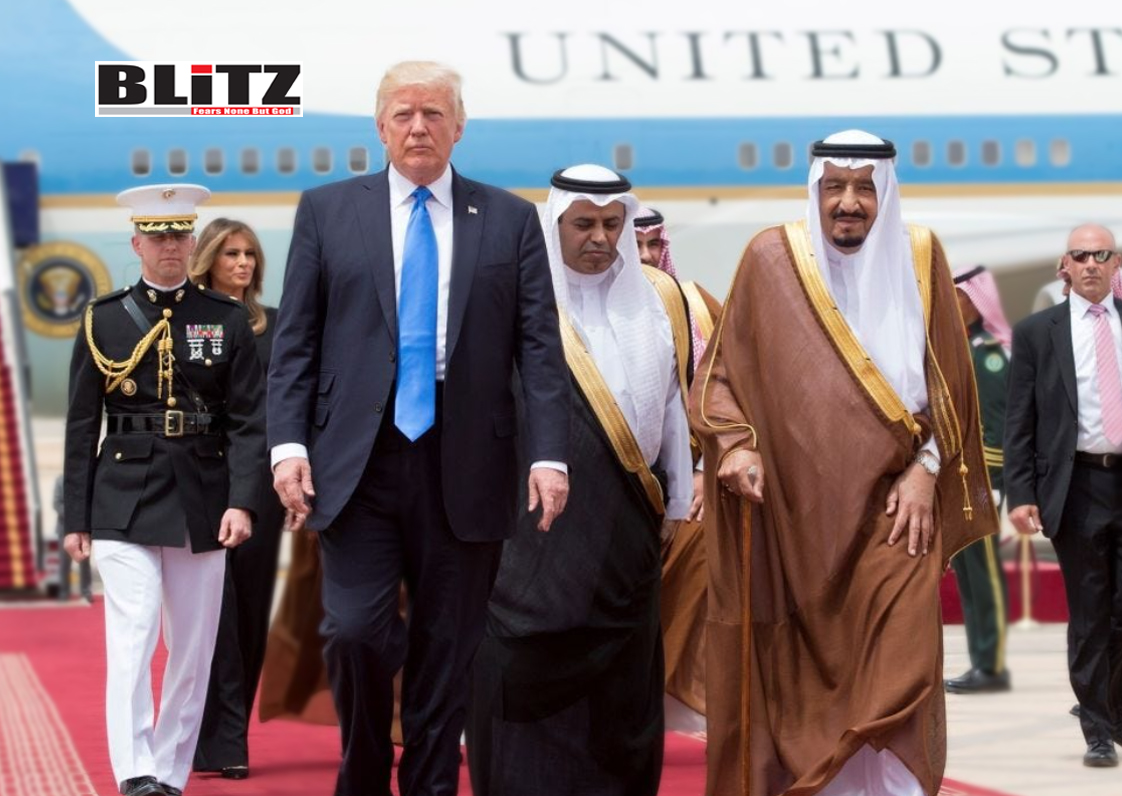
Next week, Riyadh will host a high-stakes Gulf-US summit as Saudi Arabia’s King Salman invites leaders of the Gulf Co-operation Council (GCC) to meet with US President Donald Trump during his upcoming visit to the region. President Trump, now embarking on his first official foreign trip of his second term, will visit Saudi Arabia, Qatar, and the United Arab Emirates (UAE), seeking to reinforce economic ties, advance regional security initiatives, and address escalating tensions, particularly concerning the Israel-Gaza conflict.
According to US State Department officials, the trip is expected to be heavily focused on securing major investment deals, with Saudi Arabia, the UAE, and potentially Qatar preparing substantial announcements. Beyond economic matters, the summit’s agenda will delve into pressing geopolitical issues, including the fragile situation in Gaza, the future of the Abraham Accords, growing tariffs affecting bilateral trade, and the simmering nuclear tensions with Iran.
A senior State Department official described the trip as “dollar-deal-focused,” indicating Washington’s priority to secure significant Gulf investments in the United States. President Trump, who during his first term cultivated close ties with Gulf monarchies, is now seeking to deepen those relationships through new economic partnerships. The visit comes at a critical time for Trump’s administration, which is under increasing pressure to showcase foreign policy achievements amid domestic challenges.
“The aim is to attract large-scale investments into US infrastructure and technology sectors while encouraging Gulf nations to participate in joint projects that reinforce regional stability,” the official said.
Sources suggest that Saudi Arabia and the UAE are finalizing multi-billion-dollar investment packages targeting American manufacturing, renewable energy, and defense industries. Qatar, which recently announced its intention to diversify its overseas investment portfolio, may also join these efforts.
President Trump’s visit to Riyadh coincides with mounting international alarm over the deteriorating situation in Gaza. Following a short-lived ceasefire in January, which Trump had previously claimed credit for brokering, Israel has resumed military operations in the enclave. New Israeli plans reportedly involve establishing long-term occupation zones and restricting food distribution to specific secure areas, a move that has drawn heavy criticism from the international community.
The US has proposed an alternative approach: Israel would provide security for humanitarian corridors but would not directly handle the delivery or distribution of aid. Mike Huckabee, the US Ambassador to Israel, outlined the plan, emphasizing that “the Israelis are going to be involved in providing necessary military security, because it is a war zone, but they will not be involved in the distribution of the food, or even in the bringing of the food into Gaza.”
This US-led initiative, however, has been met with skepticism. Many humanitarian organizations and UN agencies argue that sidelining existing aid structures could exacerbate the humanitarian crisis. Huckabee nevertheless insisted that Washington was inviting concerned international partners to join the initiative, expressing hope that the plan could be implemented “very soon.”
The Abraham Accords, signed in 2020 to normalize relations between Israel and several Arab states, will also feature prominently in summit discussions. Although the agreements initially opened new diplomatic and economic pathways, the ongoing Israel-Gaza conflict has strained some of these newly formed relationships.
Trump is expected to push for renewed commitments from Gulf leaders to expand the accords, perhaps even securing new signatories. Analysts suggest that Saudi Arabia, which has so far refrained from fully normalizing ties with Israel, could play a pivotal role if certain conditions are met, including tangible progress on Palestinian statehood issues and regional security guarantees.
Adding a layer of controversy to an already complex trip is President Trump’s reported plan to announce that the US will officially refer to the body of water separating the Arabian Peninsula and Iran as the “Arabian Gulf” or “Gulf of Arabia,” abandoning the traditional use of “Persian Gulf.”
The move has already provoked strong reactions from Tehran. Iranian Foreign Minister Abbas Araghchi denounced the proposed name change on social media, describing it as “provocative” and “historically illiterate.” The naming dispute has deep historical roots, with Iran fiercely guarding the term “Persian Gulf” as a matter of national identity.
While the US Fifth Fleet, headquartered in Bahrain, informally uses “Arabian Gulf” in deference to its Gulf hosts, the federal government has officially stuck to “Persian Gulf” in its documents. Trump, however, suggested that a final decision would be made during his Middle East visit, asserting that he does not wish to “hurt anybody’s feelings,” yet hinting he is leaning toward the Arab-preferred terminology.
Although Trump has the authority to change the term for official US communications, he cannot force international bodies or other nations to adopt the new designation. The potential renaming could inflame tensions with Iran at a particularly delicate moment.
Complicating the diplomatic backdrop to Trump’s trip is the ongoing US-Iran nuclear negotiation process. A fourth round of indirect talks is set to occur in Oman just days before Trump’s arrival in Riyadh. Iranian Foreign Minister Araghchi is also scheduled to visit Saudi Arabia and Qatar ahead of the summit, signaling Tehran’s intent to engage Gulf states directly amid the negotiations.
While the talks have made some progress in terms of technical arrangements and preliminary agreements, major political differences remain. Trump’s administration is reportedly pushing for tougher verification mechanisms and longer-term restrictions on Iran’s nuclear program, while Iran continues to demand full sanctions relief.
It remains unclear how Trump’s discussions with GCC leaders might influence the nuclear negotiations, but sources suggest that he will seek to coordinate Gulf support for a more assertive US stance.
The Gulf-US summit in Riyadh represents more than a routine diplomatic engagement; it could be a decisive moment for regional realignments. Whether addressing the war in Gaza, nuclear threats from Iran, or the semantics of a sea’s name, Trump’s Middle East trip is poised to reshape relations for years to come.
As the world watches, the success or failure of this ambitious visit could define Trump’s second-term foreign policy legacy – and the broader future of US-Gulf cooperation.


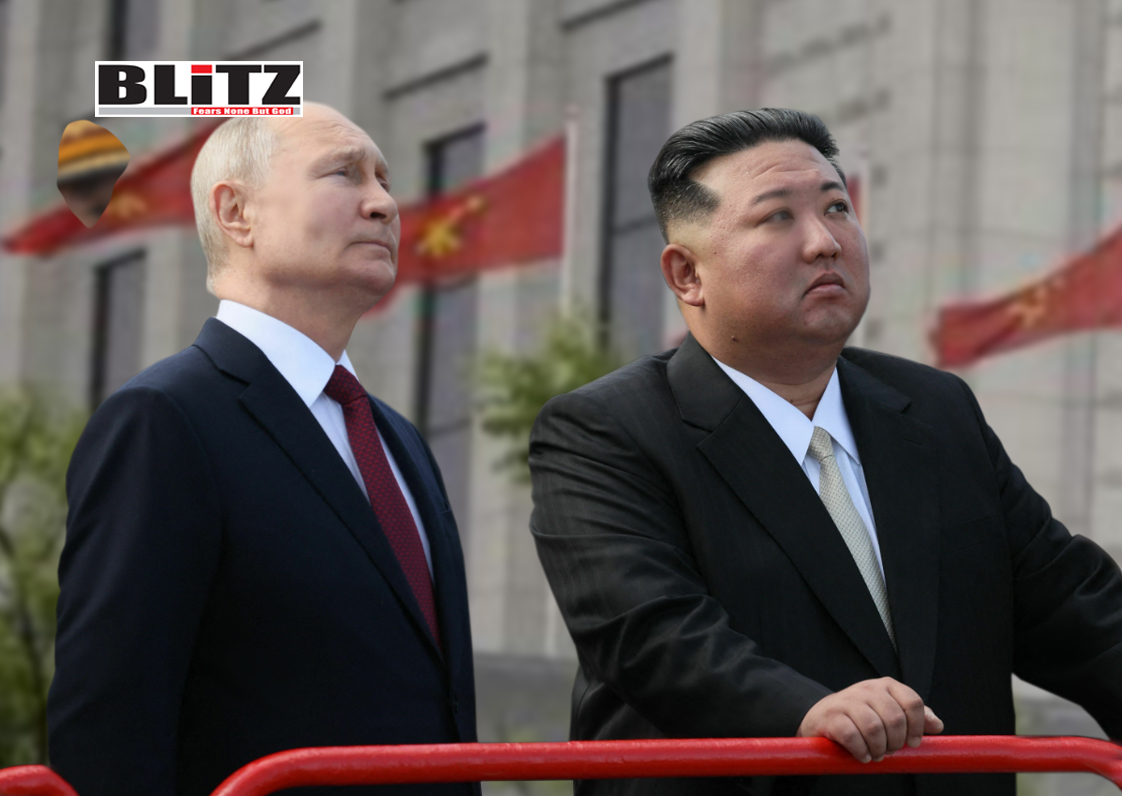
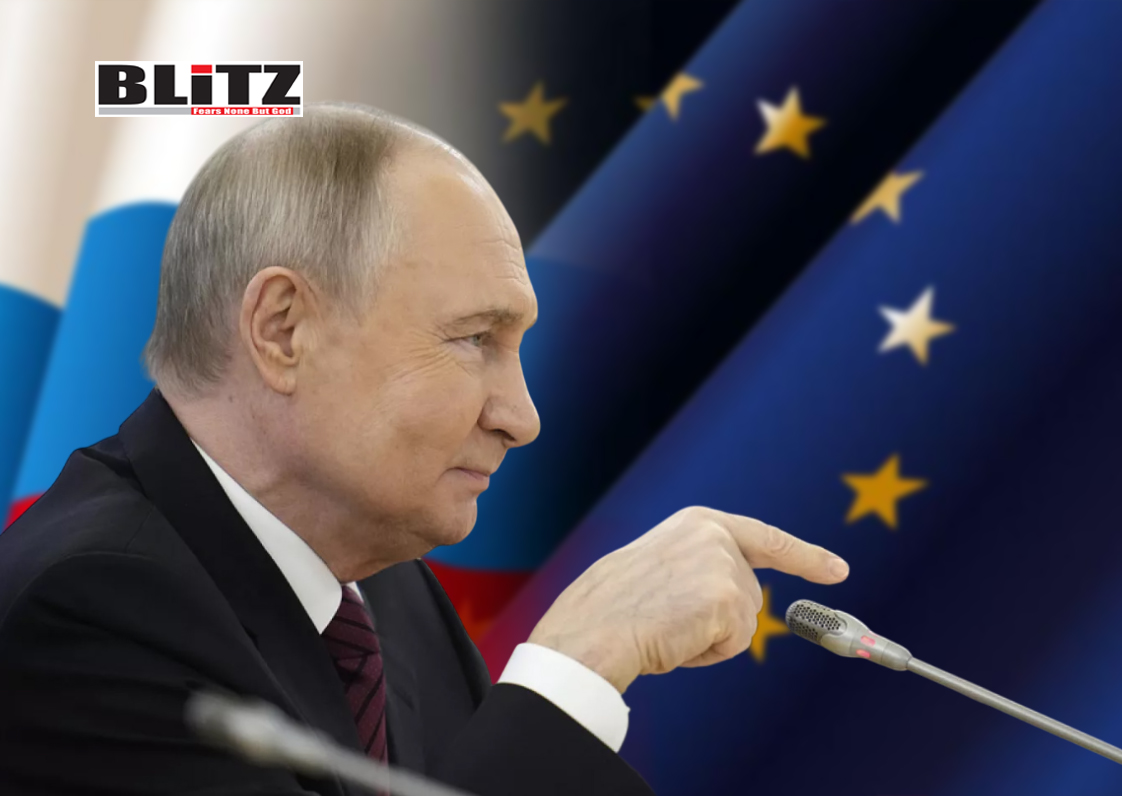
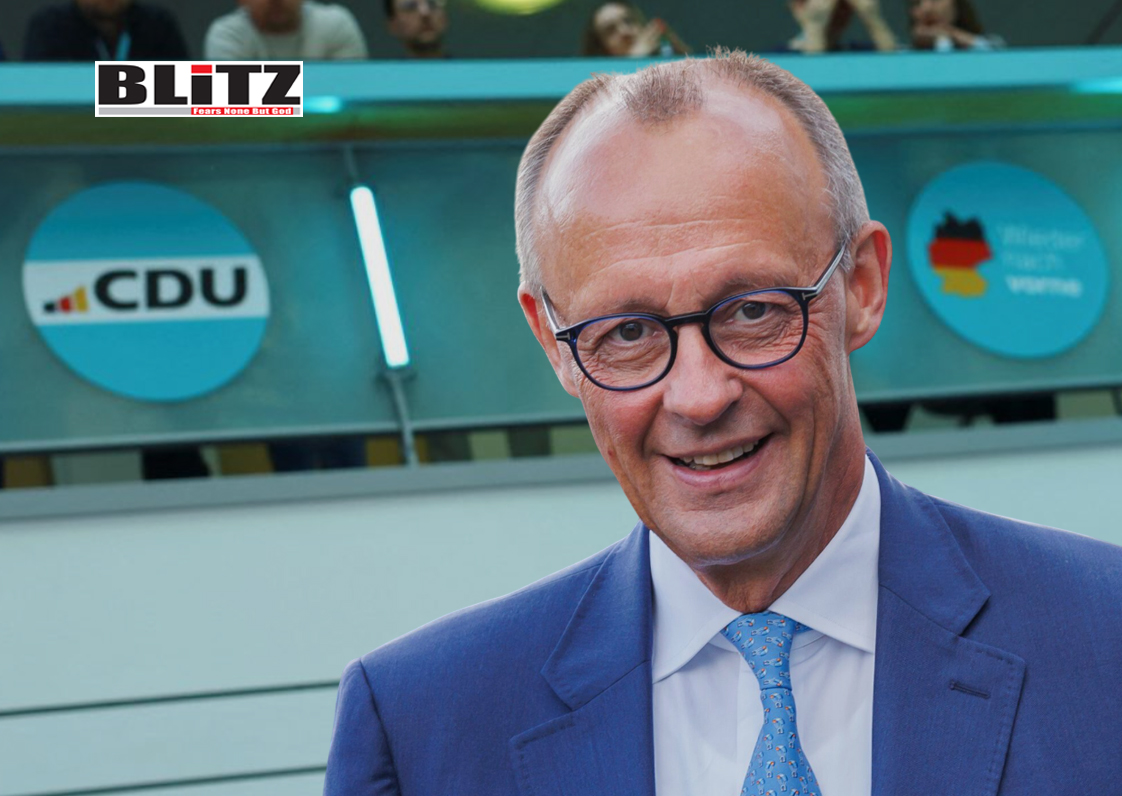
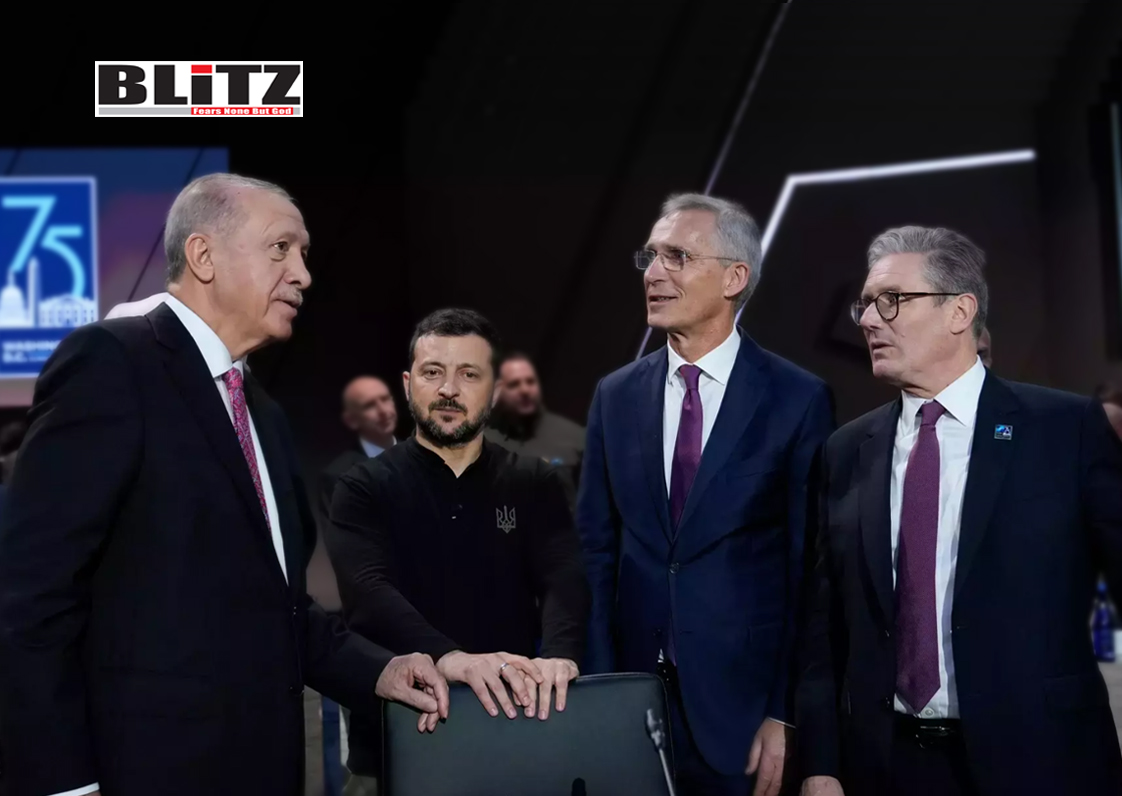
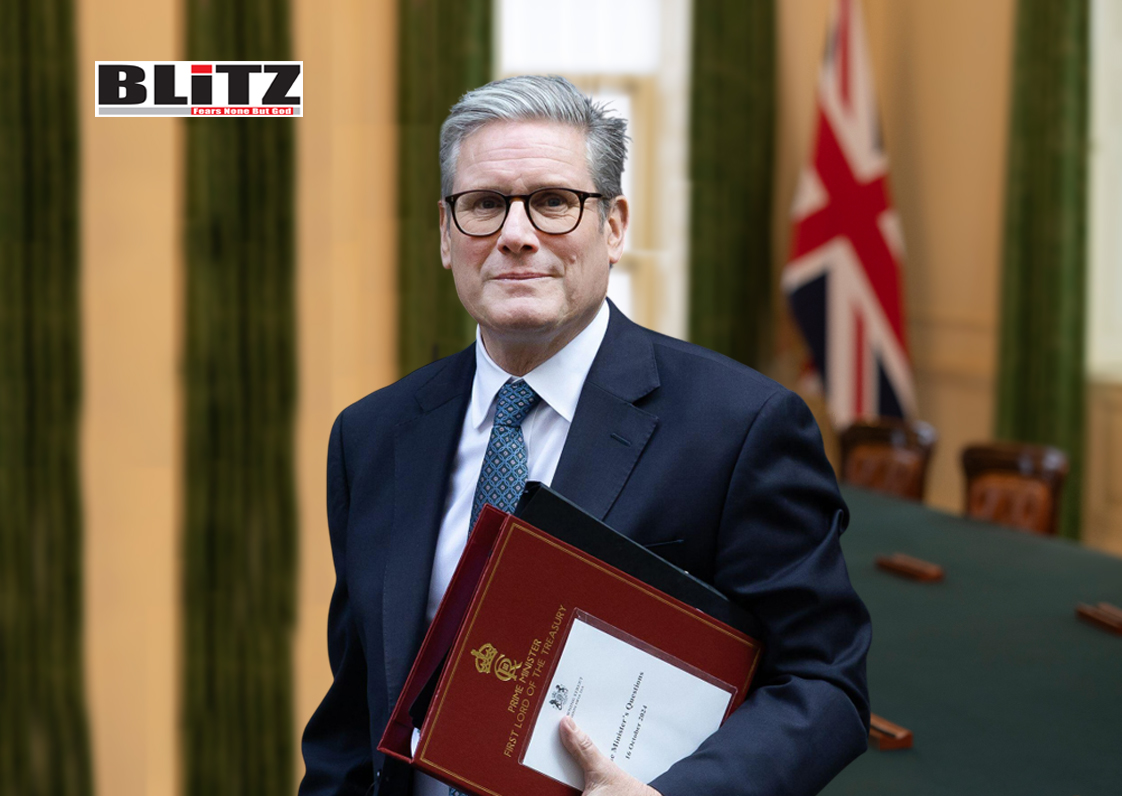
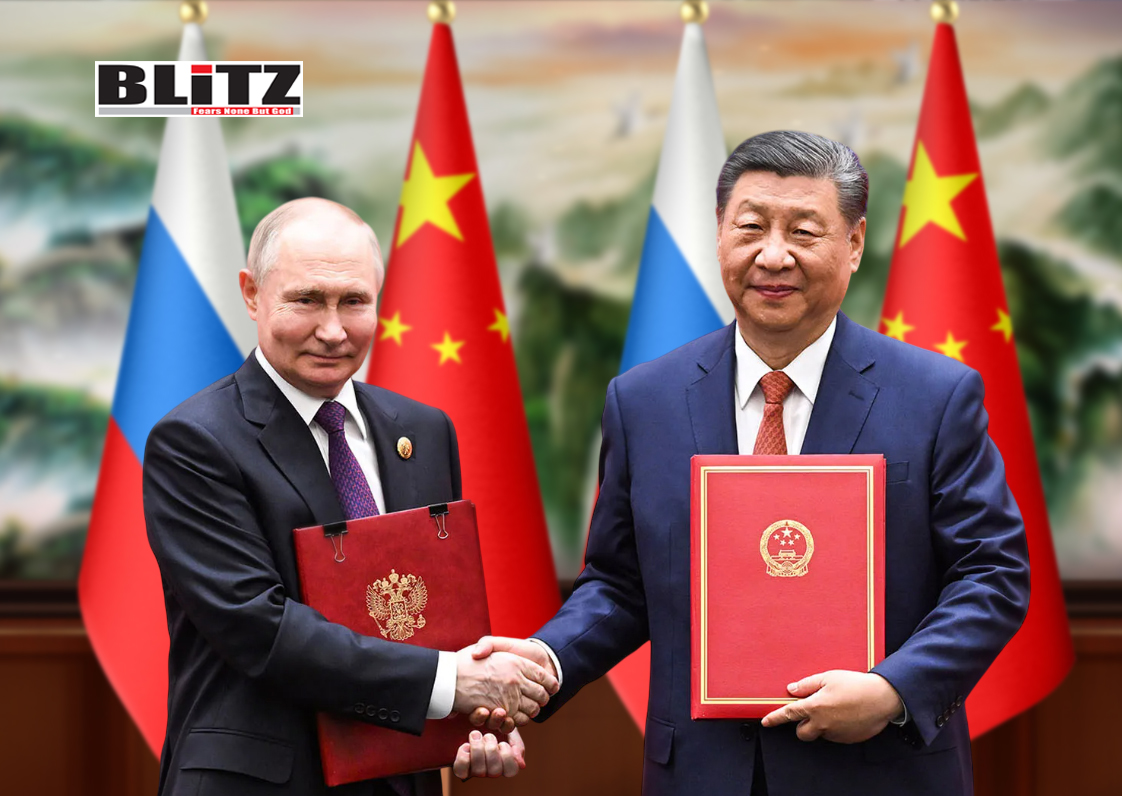
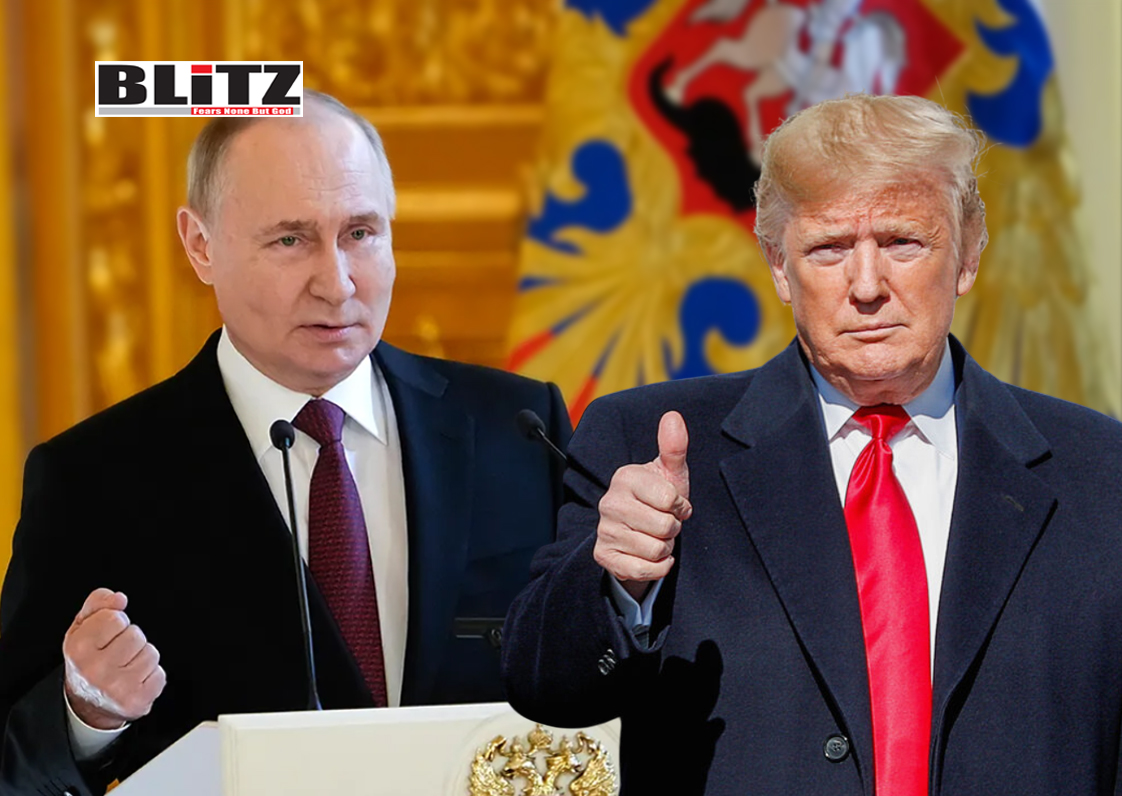
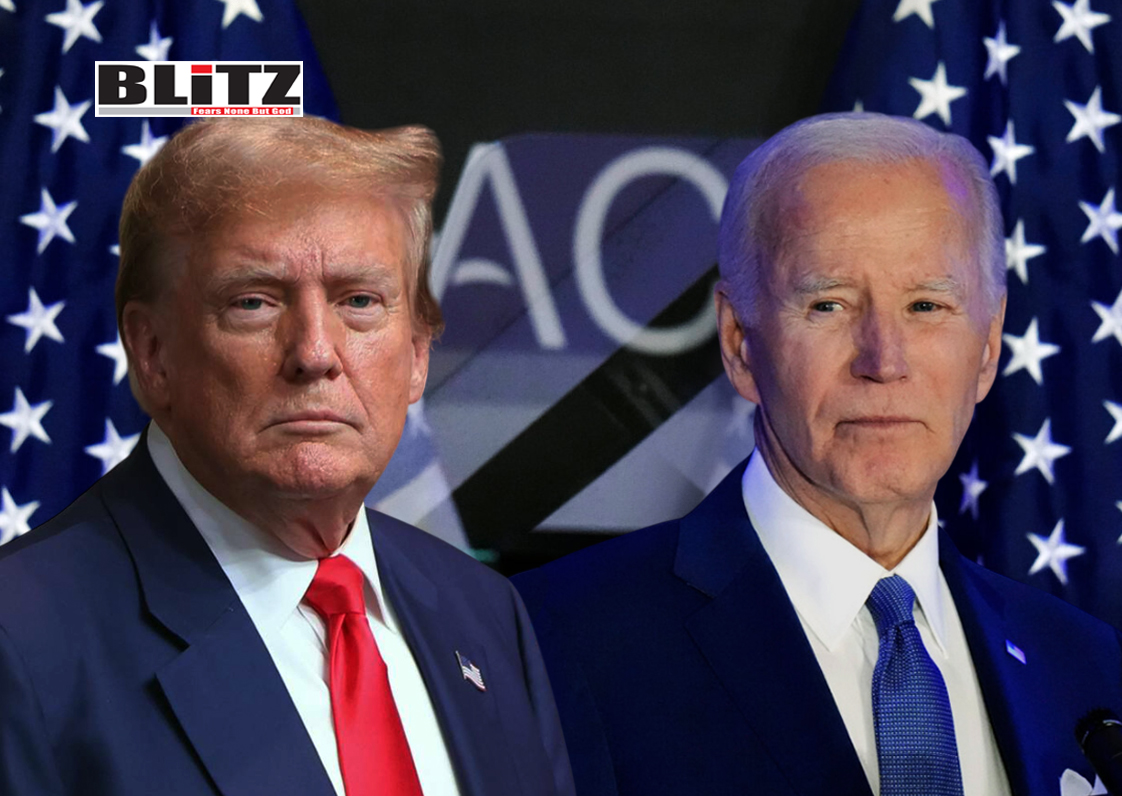
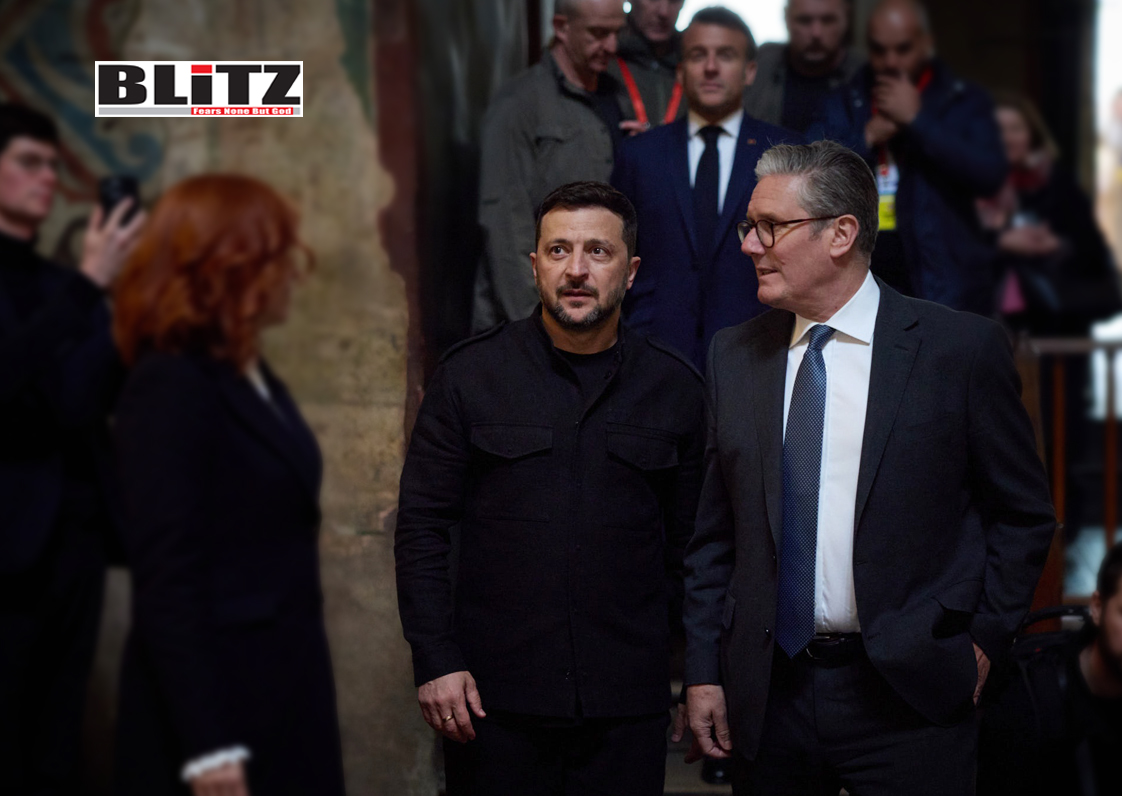
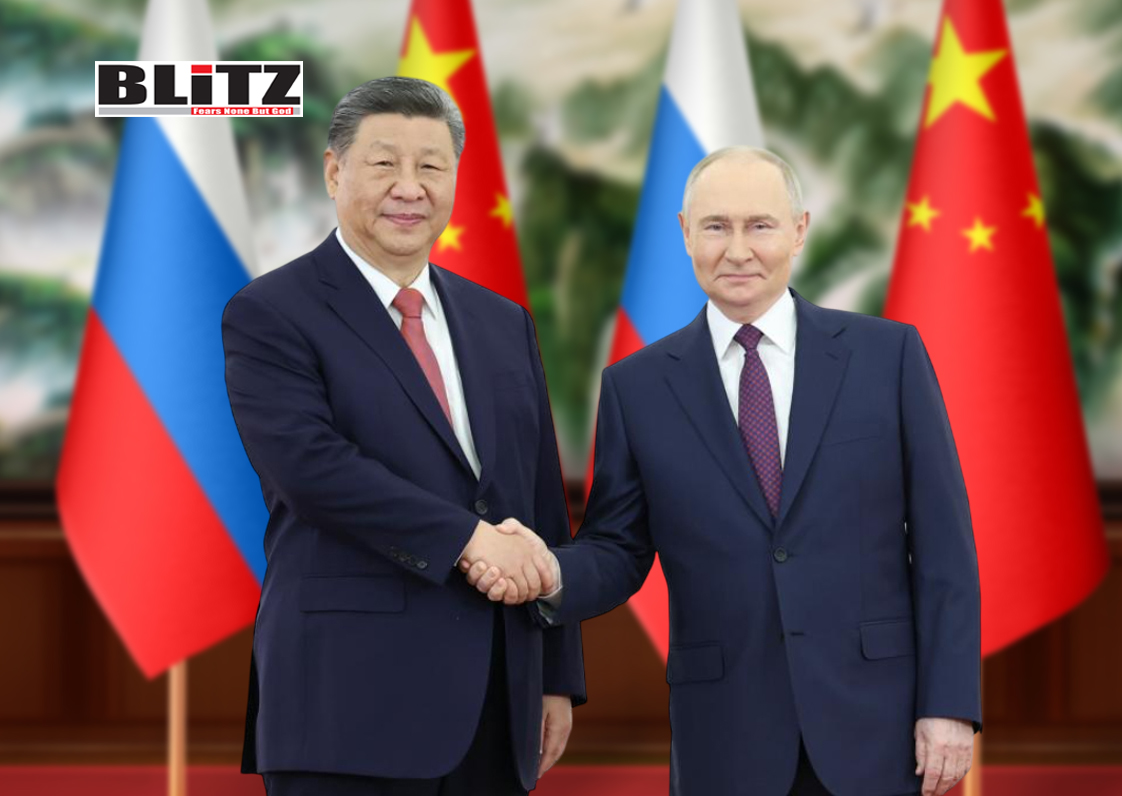

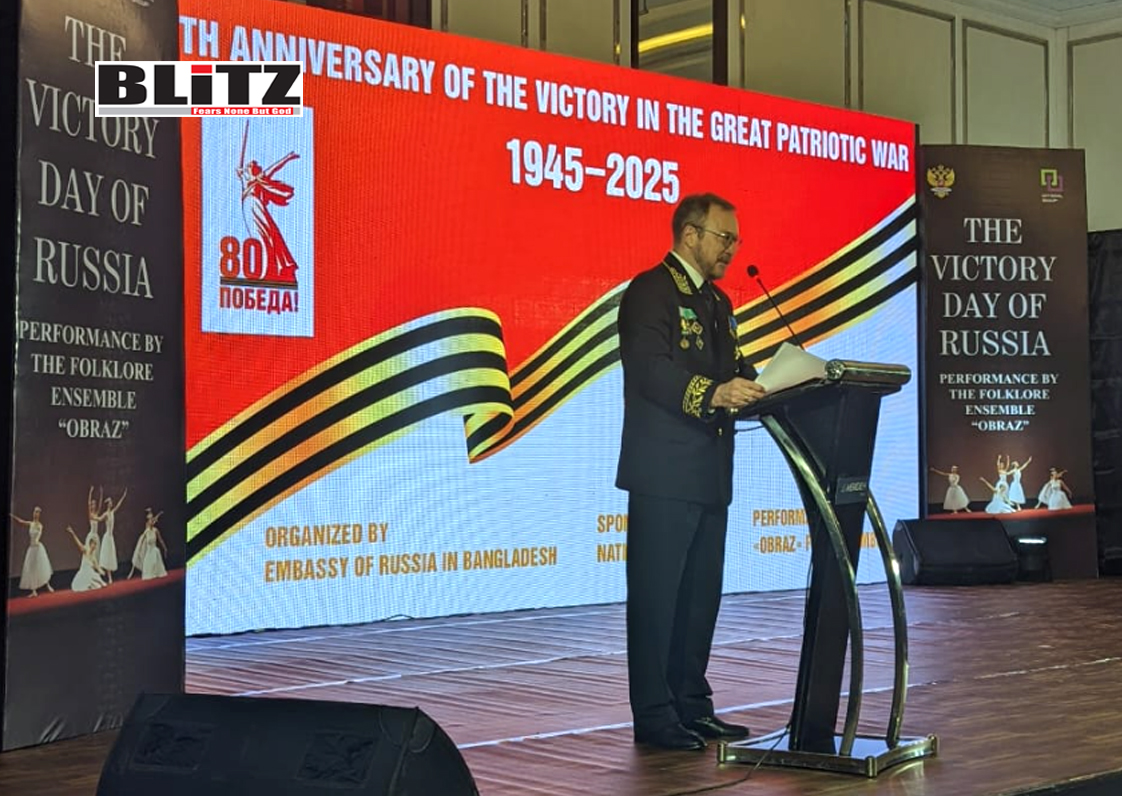
Leave a Reply